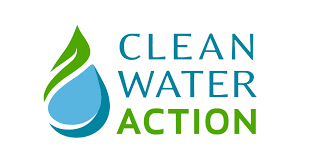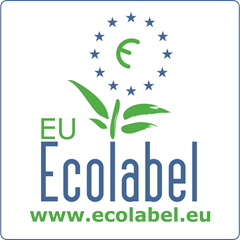Things You Can Do About Toxic PFAS Chemicals
PFAS is considered harmful for several reasons. Firstly, it has been linked to various detrimental health effects, including cancer, high cholesterol, birth defects, and immune system suppression. These chemicals have the ability to persist in the environment for extended periods, making them virtually indestructible. As a result, PFAS can accumulate in water supplies, soil, food, and the air, posing a risk to human health and ecosystems. Additionally, even though some older forms of PFAS are being phased out, newer versions have been found to be equally toxic. This highlights the ongoing concern surrounding the widespread use of PFAS and the need for effective strategies to address its environmental and health impacts.
To-do inspired by Clean Water Action. Read the original article here

Ditch the non-stick cookware
When heated at high temperatures, PFAS-containing cookware gives off fumes that are serious enough to cause flu-like symptoms in people and even kill pet birds. Don’t be fooled by PFOA- free labels, as that may just mean that the PFOA was replaced by another PFAS. Stainless steel and cast iron cookware are great alternatives.

Can’t replace the cookware? Reduce the heat
Don’t preheat non-stick cookware and never use it in an oven heated at or above 400 degrees. Also never use steel wool or other scraping cleaners on non-stick items; this can release the coating into your food or the environment.
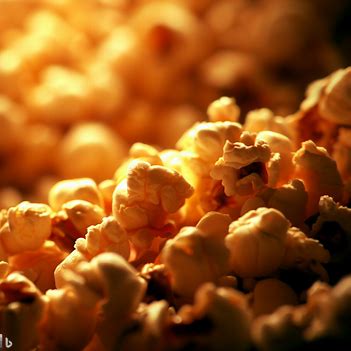
Pop your own corn
Microwave popcorn bags, including organic products, usually have PFAS coatings inside that can leach into your snack and are released into the air when you open the bag. Instead, buy loose popping corn and pop it on the stove. Alternatively, pop loose kernels in a covered bowl or paper bag in the microwave.
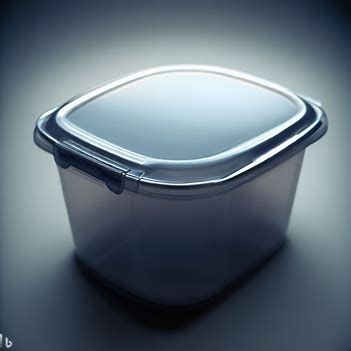
Bring your own container for to-go food
Eating out? Bring your own metal or glass container to bring home your leftovers. You’ll avoid PFAS in take-out containers and reduce trash. Also limit foods like hamburgers, pastries, or french fries that come in grease-resistant packaging. Studies have detected PFAS in almost half of tested wrappers or pastry bags.
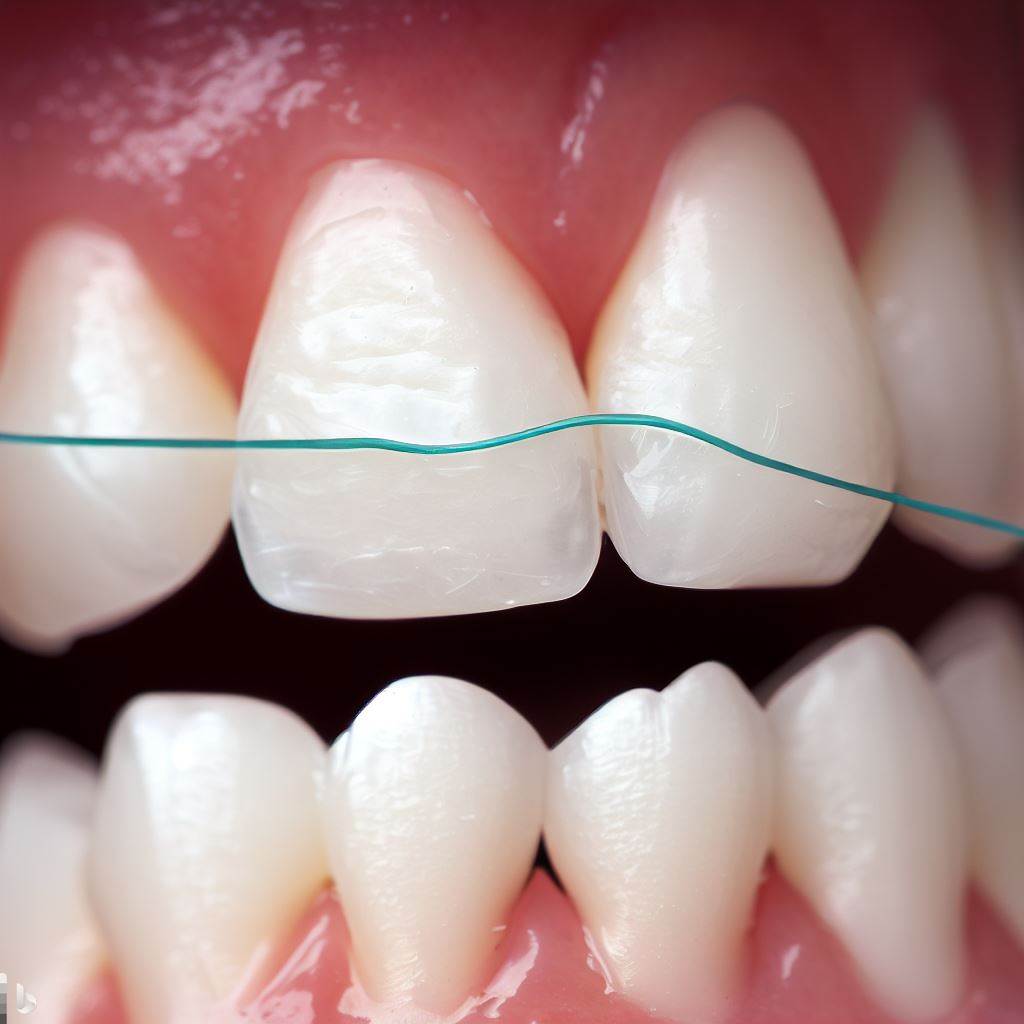
Reject PFAS-coated dental floss
Some dental flosses contain PFAS and can be a significant exposure route. Best to google for “PFAS-free” before you shop.

Ask for untreated carpet
Options for non-treated carpet in the residential market are limited, but asking for a PFAS-free alternative will help signal demand for safer options.

Avoid stain-resistant coatings
Preventing stains with Scotchguard sprays or other PFAS containing coatings is not worth the risk. When buying furniture, consider polyester or plastic-based fabrics that are already stain resistant or easy to clean and choose darker colors. When cleaning fabrics, try vacuuming instead of dry cleaning.

Demand non-PFAS clothing and sports gear
PFAS contaminate the environment, so using them outdoors doesn’t make sense. Some companies are currently trying to reformulate their products without PFAS. In the meantime, try to avoid products and fabrics with a Scotchguard or Goretex coating.
You might also like


Reduce Plastic Use
Take the pledge and reduce your plastic use. We give you 7 easy ways to start in your everyday life.
Less Plastic


Our 6 tips for making less rubbish
6 tips for you who want to start reducing waste in your everyday life
Zero Waste Drop Chemicals
